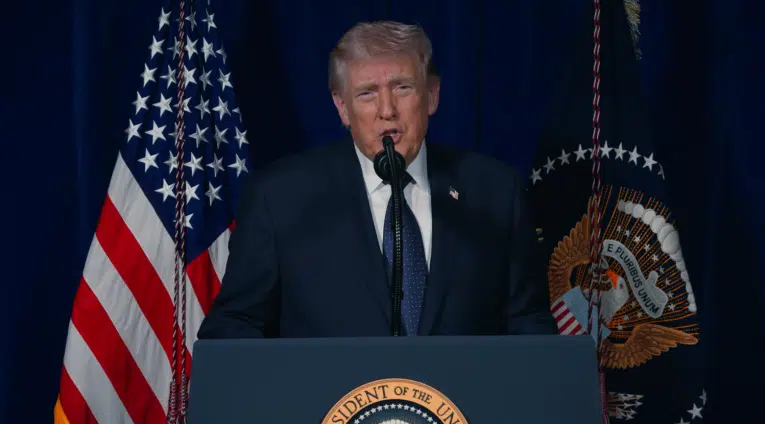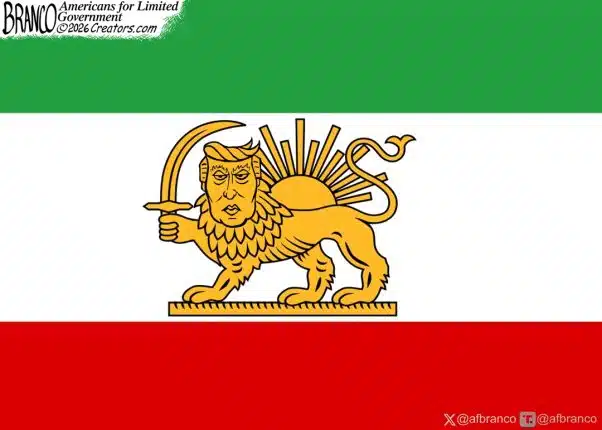 By Adam Bitely — By a 79-19 vote, the Senate passed a cloture vote Monday evening to move forward with debate and final passage on S. 1619, the Currency Exchange Rate Oversight Reform Act. This legislation is expected to pass a vote later this week.
By Adam Bitely — By a 79-19 vote, the Senate passed a cloture vote Monday evening to move forward with debate and final passage on S. 1619, the Currency Exchange Rate Oversight Reform Act. This legislation is expected to pass a vote later this week.
While the authors of the bill intend the legislation to balance trade relationships with countries like China, Congress is actually suggesting that the way to erase the U.S. trade deficit with China is through punishing the nation with tariffs because they have manipulated the value of their currency. Congress argues that such currency manipulation makes it impossible for U.S. producers to compete with cheap Chinese goods.
But it is cheap Chinese goods, and other cheap goods from countless other countries that have lead to cheaper prices in U.S. markets. These cheap goods benefit the U.S. consumer. With the increased tariff, the prices of these goods will increase, and U.S. consumers will be forced into paying higher prices.
In effect, the U.S. Senate voted last night to point a gun at the heads of U.S. consumers.
Should the legislation make it to the House, which is widely expected to happen, the bill would likely pass with bipartisan support. The House voted on similar legislation last year, which passed with the support of 99 Republicans. Even though the current House GOP leadership opposed the legislation, a majority of Republicans supported the measure.
Opposing the legislation is the conservative group, Club for Growth. They “key voted” the legislation stating, “This proposal would make it easier for the government to slap punitive tariffs on ‘nonmarket’ economies — in particular China — if an exporting country’s currency is considered misaligned against the U.S. dollar. This is a disastrous proposal that would increase taxes on American consumers, stall the economic recovery, and spark an ugly trade war that would benefit no one.”
Imposing tariffs on other nations has historically led to miserable economic times. Anyone remember what the Smoot-Hawley tariff of 1930 did? The consequences of imposing that tariff contributed to the drawn out Great Depression. As Douglas Irwin noted in his book, Free Trade Under Fire, “The Smoot-Hawley tariff of 1930, for example, significantly reduced imports but failed to create jobs overall because exports fell almost one-for-one with imports, resulting in employment losses in those industries.”
Legislators in Washington, D.C. believe they are fighting an enemy of American jobs by enacting tariffs. The result will only be a continued loss of more jobs as it becomes more expensive to do business domestically as producer prices rise.
If the House and Senate pass this legislation, and the President signs it, the result will be the first steps taken towards trade wars with countries that bureaucrats accuse of currency manipulation — a crime that the U.S. would also be guilty of if these bureaucrats were fair. The politicians in Washington D.C. do not care if they are acting fairly, they are just doing what they believe a majority of Americans — or perhaps their donors — believe is the right course of action.
If the politicians in D.C. were truly interested in “making trade fair,” they would take down trade barriers, not put them up. It is the lack of trade barriers between states here in the U.S. that led towards increased prosperity in the early years of America, and a complete destruction of trade barriers between the U.S. and its trading partners would increase the prosperity that Americans could enjoy today. Instead, Congress is acting out the need to be seen as doing something, whether it is good or bad, and as usual, the heavy hand of government will harm the people they claim to serve.
Adam Bitely is the Editor-in-Chief of NetRightDaily.com. You can follow him on Twitter at @AdamBitely.






